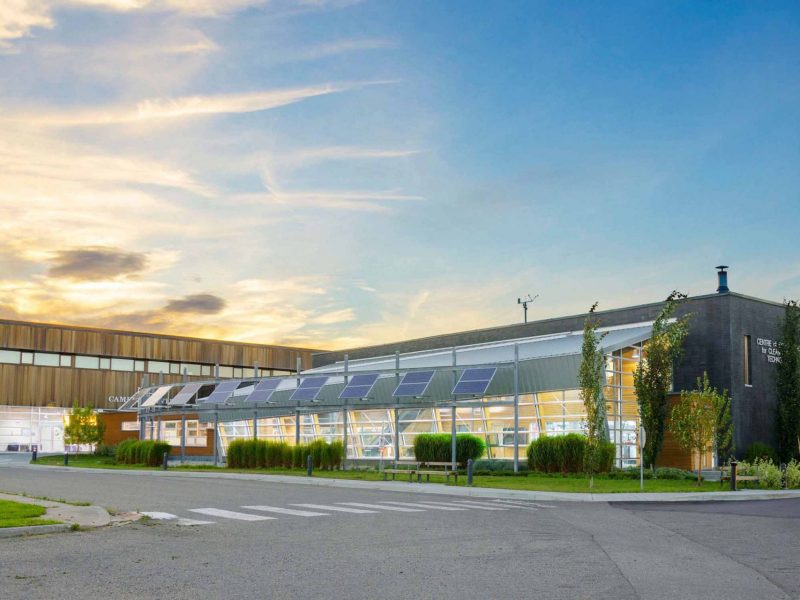Future Skills
Future skills – basic literacy, numeracy and socio-emotional skills – are important across all economic sectors and occupations. Figuring out who and how to address skills gaps is key to building an inclusive workforce with upward mobility.
Podcast
Season 1 | Episode 4
Upskilling and Reskilling (Mid-Career Workers)
Reskilling and upskilling are now imperative for both employees and organizations to keep pace with the digital and technological innovations that are changing the way...
Featuring: Heather McIntosh, Glenda Quintini, Sashya D’Souza, Karn Singh
Podcast
Season 1 | Episode 3
Skilled Trades—Transitioning to a Digital, Green, and Human Future
Apprenticeships get a bad rap. All too often, we perpetuate negative images of the trades: dirty, low pay, and boring. These stereotypes couldn’t be further...
Featuring: Heather McIntosh, Andrew Bieler, Jeff Ranson , Jim Szautner
Podcast
Season 1 | Episode 1
Developing Social and Emotional Skills in an Automated World
We’ve all heard it before: Technology is disrupting the world of work, eliminating “low skill” jobs and harming the future of the trades. Daunting? Sure....
Featuring: Heather McIntosh, Steve Higham, Maria Giammarco, Paul Brinkhurst , Jennifer Adams
Research
Mapping the Landscape: Indigenous Skills Training and Jobs in Canada
Indigenous businesses are growing and — importantly — creating employment for others. Further, self-employment and entrepreneurship is increasing. If there is an opportunity for the next generation, and for current adult workers, to leapfrog into the future of Canadian work, it may very well be through Indigenous-led business.
Research
Preliminary Report: Canadians’ Shifting Outlook on Employment
An Environics Institute survey suggests COVID-19 did not dent Canadians’ outlook about the future or their confidence in their ability to bounce back quickly after hard times, even as the pandemic’s effects on employment began to be felt.
Project
CLIMB: Continuous Learning for Individuals’ Mid-career and Beyond
Mid-career workers are most vulnerable to disruption of the labour market but there is little widespread information, resources, or training to support a mid-career change.
Research
Assessing Canada's skills gap
The skills that workers need are changing thanks to automation and new technologies. That means it’s more important than ever to find reliable ways to identify the gaps between the skills workers have and the skills employers need, and how those gaps will change over time.
Research
Leveraging the Skills of Social Sciences and Humanities Graduates
Canadians are among the best-educated people on the planet. But are they getting the education they need — particularly in the fields of social sciences and humanities — to maximize their employment prospects in today's fast-changing workplace?
Research
Return on Investment: Industry Leadership on Upskilling and Reskilling their Workforce
As technology changes the nature of work, Canadian companies must create a culture of continuous learning to ensure employees have the skills they need.








